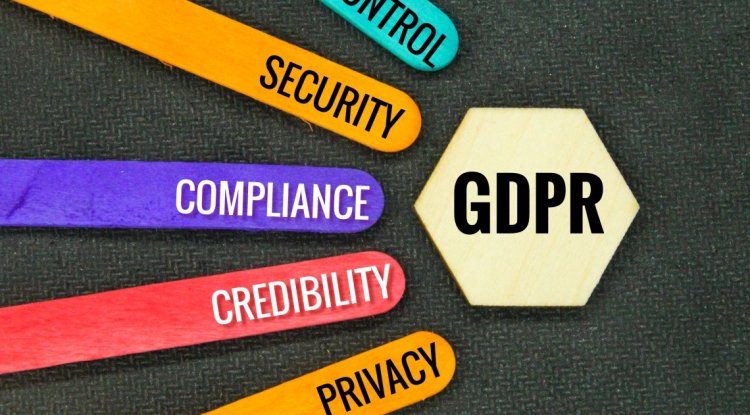The Importance of Ethical Advertising in Modern Marketing
Explore the significance of ethical advertising in today's marketing landscape, emphasizing the impact on consumer trust, brand reputation, and long-term business success. Discover key principles and case studies that highlight the benefits of adopting ethical practices.

In the digital age, marketing has evolved into a complex landscape where businesses strive to engage and captivate consumers amid the ever-expanding sea of information. However, as marketers, it is crucial to remember that our actions carry significant weight and consequences. Ethical advertising has become a cornerstone of modern marketing, influencing consumer perceptions, brand credibility, and overall business success.
The Impact of Ethical Advertising:
-
Consumer Trust and Loyalty: Ethical advertising builds trust with consumers, fostering long-term relationships based on transparency and honesty. When customers believe in a brand's integrity, they are more likely to remain loyal and recommend it to others.
-
Brand Reputation: In a world where news travels fast through social media, any unethical practices can tarnish a brand's reputation permanently. Ethical advertising ensures a positive image that resonates with customers and stakeholders alike.
-
Legal Compliance: Ethical advertising aligns with legal and regulatory guidelines, protecting businesses from legal repercussions and financial penalties.
Principles of Ethical Advertising:
-
Truthfulness and Accuracy: Advertisements must be truthful and avoid misleading claims or false information about products or services.
-
Respect for Consumer Privacy: Marketers should uphold consumer privacy rights, ensuring proper handling of personal data and obtaining consent for data usage.
-
Inclusivity and Diversity: Ethical advertising embraces inclusivity and diversity, representing various cultures, races, and genders responsibly.
-
Social and Environmental Responsibility: Brands should be socially and environmentally responsible, supporting ethical practices throughout their supply chain.
Case Study: Ethical Marketing Campaign that Made a Difference
Imagine a skincare company that launched an ethical marketing campaign focused on promoting body positivity and self-love. The campaign featured models of different body shapes, sizes, and skin tones, aiming to break societal beauty stereotypes. By emphasizing the importance of self-acceptance and self-care, the campaign resonated with consumers, sparking a viral movement on social media. As a result, the brand experienced a surge in sales and garnered widespread positive media coverage. The ethical approach not only boosted the brand's reputation but also empowered countless individuals to embrace their unique beauty.
Conclusion:
In conclusion, ethical advertising is not just a moral obligation; it is a strategic imperative for modern marketers. By upholding ethical principles in our campaigns, we foster consumer trust, build strong brand reputations, and drive long-term business success. As marketing professionals, it is our responsibility to champion ethical practices, not only for the benefit of our brands but also for the greater good of society.
About Myself:
I am Raghav Chugh, a highly skilled professional in the field of digital marketing and technology. With extensive experience in Campaigns Planning and Execution, Building automation tools based on scenarios, and Developing websites in PHP with Backend MYSQL, I have successfully delivered exceptional results for various clients. My technical expertise spans across multiple platforms and tools, allowing me to excel in creating visually stunning and responsive user interfaces. As an advocate for ethical advertising, I believe in using marketing strategies that align with integrity and transparency. Connect with me on LinkedIn to explore more about my work and experiences.
What's Your Reaction?




















